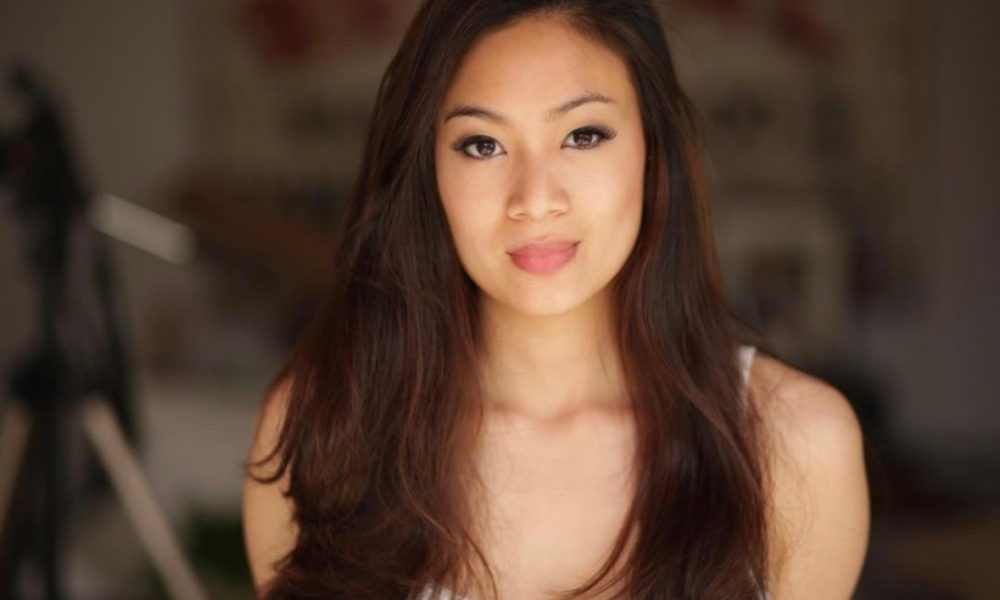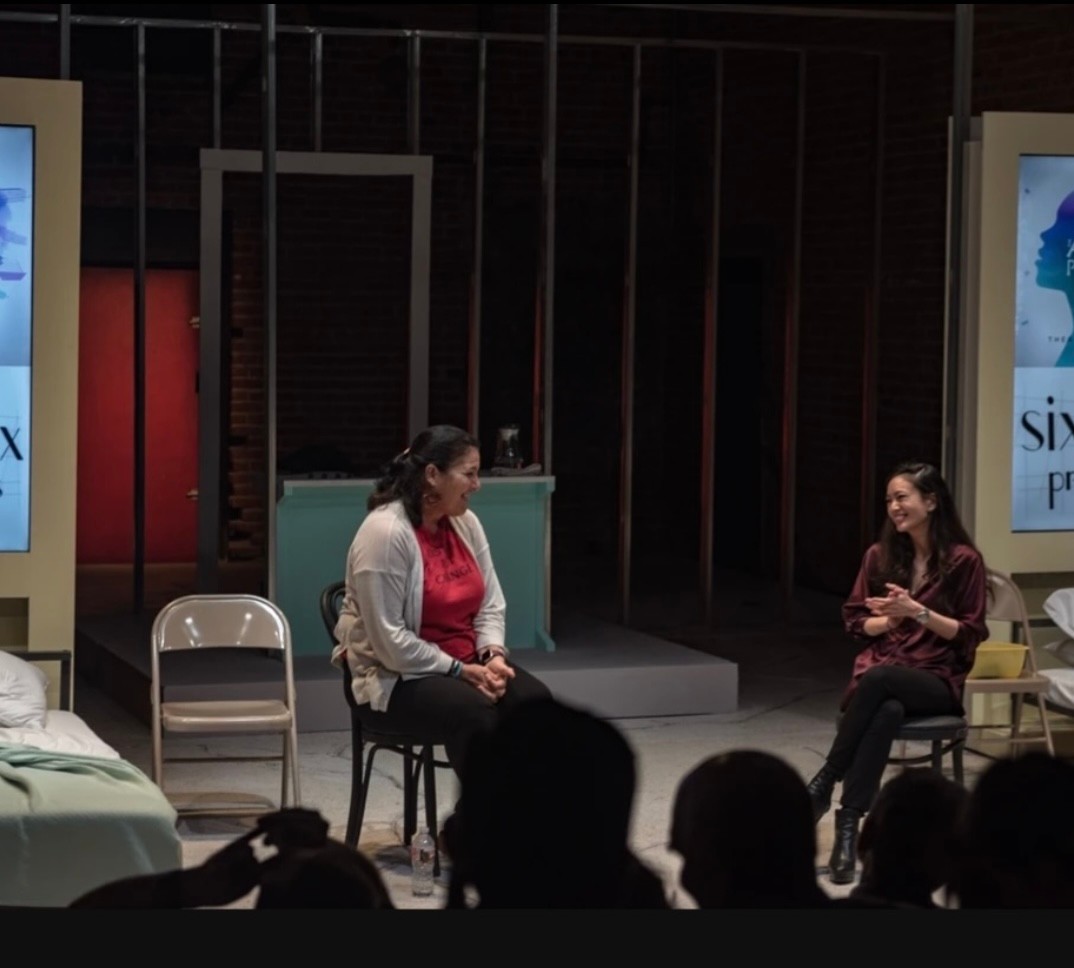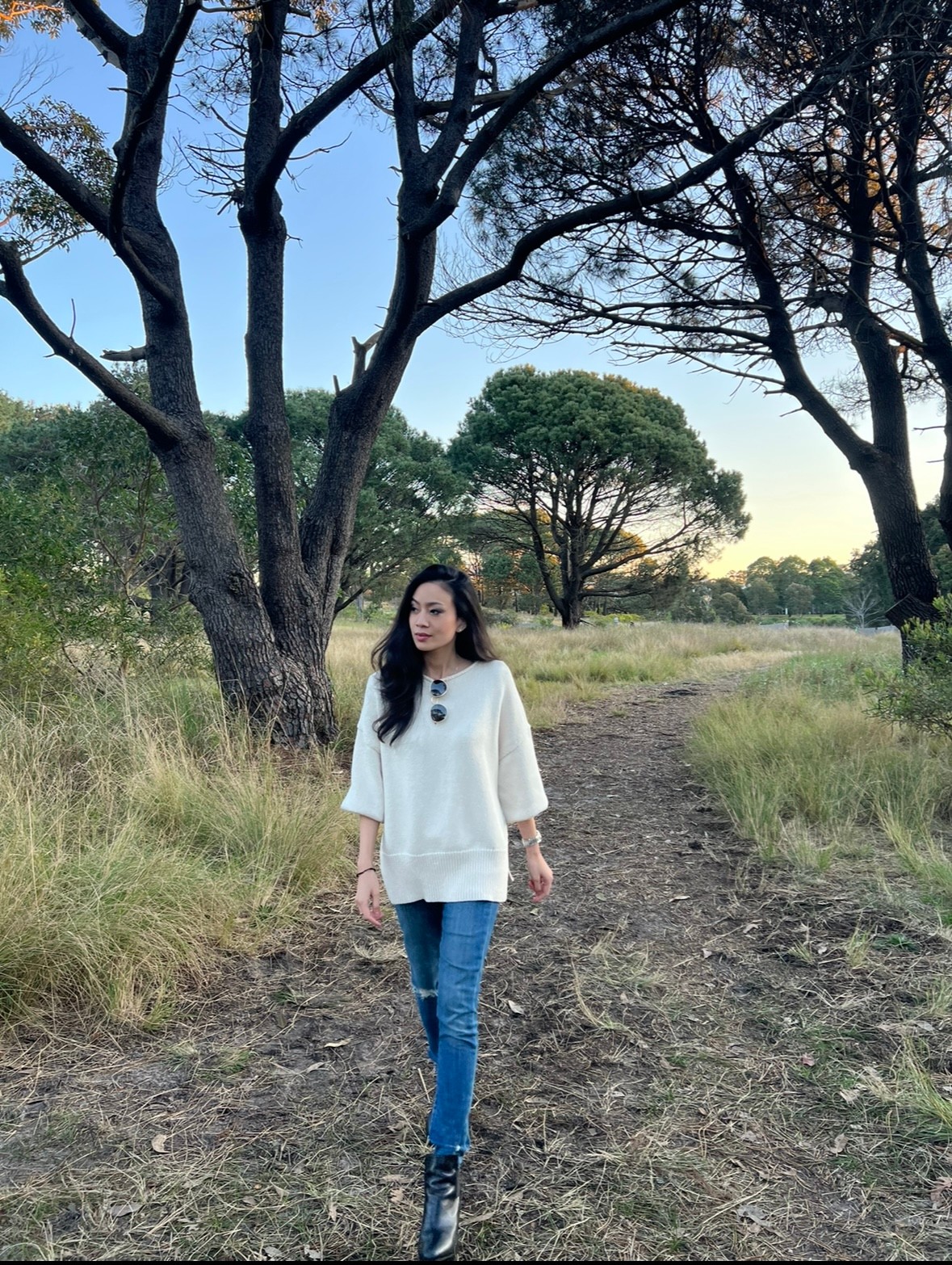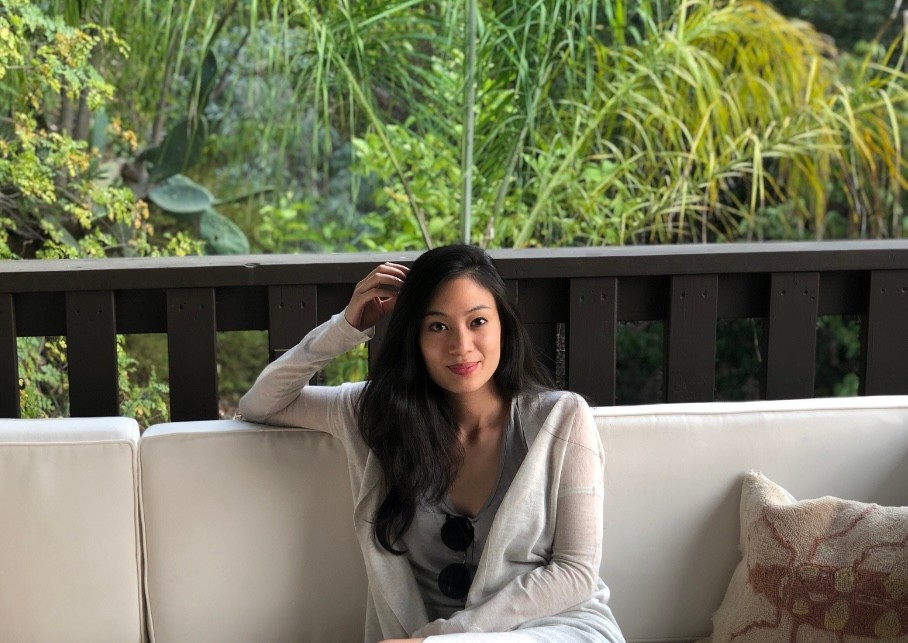

Today we’d like to introduce you to Trina Chan.
Hi Trina, so excited to have you with us today. What can you tell us about your story?
I’ve always had a strong desire to better understand human behavior and make an impact in a meaningful way. I was very much involved in community service and the arts from a young age and was passionate about finding ways to combine the two. At 16, I created a short inspirational film for cancer patients for the Make-A-Wish Foundation, and for the film to feel more impactful, I enlisted some Hong Kong celebrities to offer words of encouragement. Throughout my teen years, I also performed in several plays and musicals. I thoroughly enjoyed the process of discovering new characters, delving into their complex psyches, understanding their motivations for behaving in certain ways, and bringing them to life.
My interest in both psychology and the arts further developed while I was pursuing my BA and MA in English, Drama, and Education at the University of Cambridge, UK. My final dissertation was titled “Madness and Authenticity: The Divided Self in Tennessee Williams’ Plays”, and explored society’s role in contributing to the psychological complexities of his characters. After graduating, I volunteered at the Samaritans (a 24-hour suicide prevention hotline) and taught English and Drama to high school students in Hong Kong. I later went on to pursue a Master’s degree in Clinical Psychology at Pepperdine University. I also worked at a domestic violence shelter and at a private practice before becoming a licensed psychotherapist.
I currently work at a private practice in Beverly Hills, and I’ve been practicing for over 9 years now. I also use creative ways to raise awareness and engage in discussions about mental health issues on a national platform. In having more open and honest conversations about mental health, people can feel less alone in their struggles and more comfortable reaching out for support, which is so important given the rising rates of depression and anxiety nationally and worldwide.
Can you talk to us a bit about the challenges and lessons you’ve learned along the way. Looking back would you say it’s been easy or smooth in retrospect?
There have certainly been some setbacks and bumps along the way. We don’t always have control over the situations that we’re faced with, but we can choose how to deal with them, and that makes all the difference.
Over the years, I’ve realized the importance of self-care in order to be able to take care of others to the best of my ability. Just like the oxygen mask idea on airplanes, we’ve got to take care of ourselves in order to have more space and energy to help others.
Mindset is also important, and it’s something I actively work on every day. Our thoughts are powerful and can have a huge impact on our reality. Reminding myself of what my goals and values are, finding the lessons to be learned from all the different challenges along the way, and practicing gratitude, has been very helpful.
Can you tell our readers more about what you do and what you think sets you apart from others?
As a licensed psychotherapist, I help people gain a deep understanding of and work through blocks and patterns that are holding them back from living more freely, authentically, and meaningfully. I specialize in working with teens and adults struggling with anxiety, depression, trauma/PTSD, and relationship issues.
I use an integrative approach to treatment that is mainly psychodynamic and relational. I value honesty, openness, compassion, and authenticity, and provide a safe and non-judgmental space for clients to explore difficult and complex issues. I see therapy as a collaborative process where we may work together to delve into relationship patterns and unconscious processes, past experiences, identify unhelpful thoughts and beliefs, and even analyze dreams in order to gain greater insight, heal, and make meaningful, long-term changes. Working with dreams is an area that I’ve received additional training in, as it can be highly effective in better understanding the subconscious mind.
I feel grateful to have the opportunity to hear people’s stories, to be trusted with their deepest fears and secrets, as well as to celebrate their wins, joys and witness their growth. It takes great courage to face ourselves and tune into our pain. Being willing to be vulnerable, open, and sit with uncomfortable feelings can be one of the scariest and most difficult things to do, but it can also be one of the most rewarding experiences and the greatest gift that we can give to ourselves.
With my background in the arts, education, and psychology, I am in a unique position to work with clients in a therapeutic setting and also to use creative ways to raise awareness and engage in important discussions about mental health. Last year, I produced the LA premiere of Lucy Prebble‘s play “The Effect“, which explores love, neuroscience, and depression. The play ran during Mental Health Awareness Month, and we partnered with non-profit mental health organizations to raise funds and engage in important Q&A discussions regarding mental health issues that the play explores. This helped bring attention and awareness to these mental health issues that affect so many people.
Both the arts and psychotherapy have tremendous power to impact, heal, and provoke change. I am excited and passionate about continuing to use different ways to empower and help others make positive changes in their lives.
We’d love to hear about how you think about risk taking?
I think it’s important to take risks that are aligned with our truth, values, and goals because it’s when we challenge ourselves and go out of our comfort zones, and do things that scare us and make us feel vulnerable that we’re able to experience tremendous growth and insights. I hope to continue challenging myself in order to keep growing and to live fully and meaningfully with as few regrets as possible. The biggest regrets are often the chances that we didn’t take and the “what ifs” that come with them, so I’ve been reminding myself to feel the fear and do it anyway. As Harvard psychologist Susan David says, “Courage is not the absence of fear; courage is fear walking”.
Contact Info:
- Website: www.talktotrina.com
- Instagram: @talktotrina
- Linkedin: https://www.linkedin.com/in/trina-chan-a4176357/



Image Credits
Ian Fisher (first photo) Olivia Wong (photo of Q+A)











